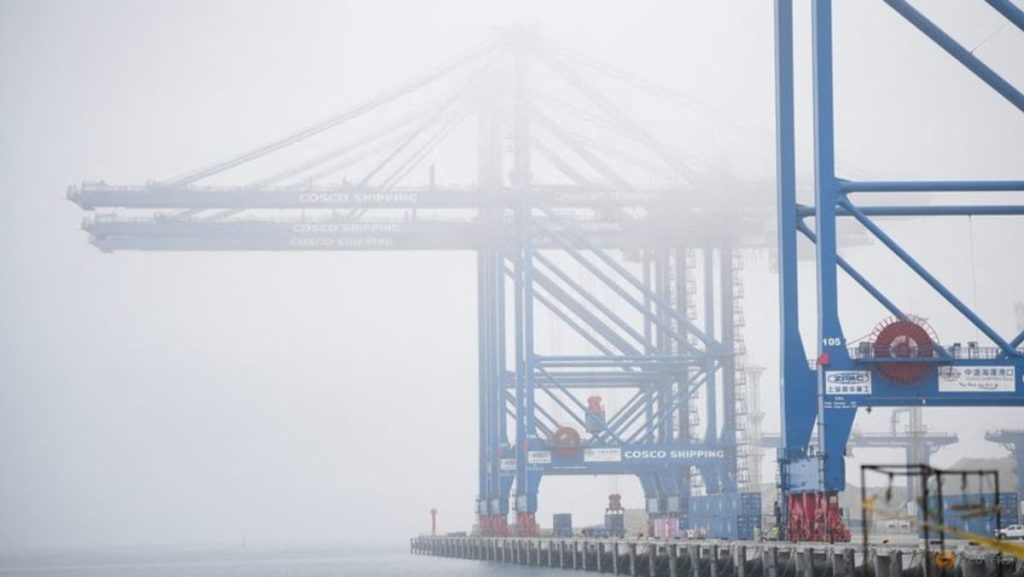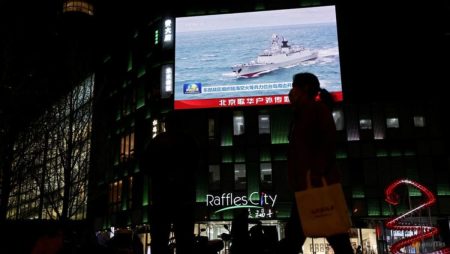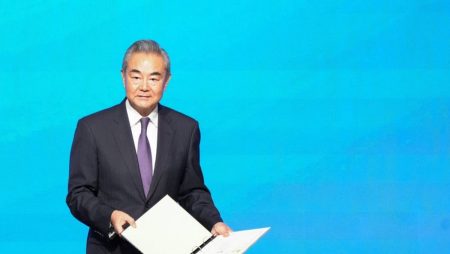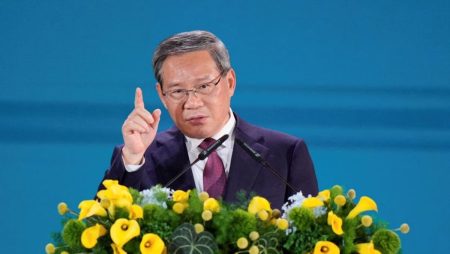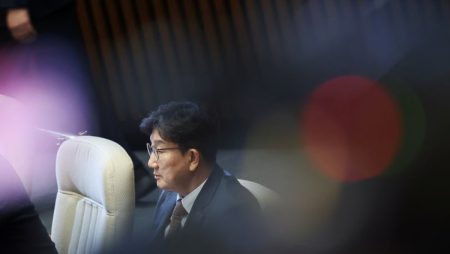China’s ambitious Belt and Road Initiative (BRI), a global infrastructure development strategy, has sparked significant concerns within the United States, particularly regarding its implications for maritime power dynamics. While China portrays its port investments as purely commercial ventures, strategic analysts increasingly view them as a calculated effort to expand China’s naval reach and influence. This perception stems from the dual-use nature of many BRI ports, which can accommodate both commercial and military vessels, effectively creating a network of potential naval bases far from China’s shores. This rapid expansion of maritime infrastructure has raised alarms in Washington, as it challenges the established US dominance in various regions and raises fears of potential disruptions to global trade in times of conflict.
The core of the concern lies in the potential militarization of these commercial ports. While China insists on the market-driven nature of its investments, several factors point to a strategic military dimension. The development of a naval base in Djibouti and the suspected construction of another in Equatorial Guinea provide concrete evidence of China’s military ambitions. Furthermore, the design and capabilities of many BRI ports suggest their suitability for naval operations, effectively blurring the line between commercial and military infrastructure. This raises the specter of China leveraging these ports to project military power, potentially disrupting shipping lanes, impacting trade flows, and challenging the US Navy’s global presence.
The West’s response to China’s maritime expansion has been relatively muted, constrained by differing investment approaches and political considerations. Unlike China’s swift and often opaque investment strategies, Western development finance institutions operate under stricter regulations and prioritize transparency, leading to longer project timelines. While some Western companies are making strategic port investments, their scope and scale pale in comparison to China’s massive BRI undertaking. This disparity in investment capacity has allowed China to gain a significant foothold in strategically important ports, raising concerns about potential future leverage and control over crucial trade routes.
The Trump administration’s proposed tariffs on goods passing through Chinese-controlled ports, specifically targeting the Chancay port in Peru, exemplifies a reactive rather than proactive approach and ultimately proved ineffective. Such measures, rather than deterring China, risked alienating partner nations and undermining US influence in the region. Moreover, China’s likely retaliatory actions, such as restricting exports of critical minerals, could further destabilize global trade and supply chains. This underscores the complexities of countering China’s maritime expansion and the need for more nuanced and strategically sound approaches.
Host nations, caught in the midst of this geopolitical tug-of-war, are increasingly adopting a pragmatic approach, leveraging the competition between China and the West to their advantage. Countries like Peru and Brazil, with their strategically located ports, are attracting investment from both sides, enabling them to assert greater autonomy and negotiate favorable terms. This “play everywhere” strategy allows them to maximize economic benefits while navigating the complex geopolitical landscape and avoiding over-reliance on any single power.
In conclusion, China’s expanding maritime influence through the BRI presents a complex challenge for the United States and the broader international community. While China emphasizes the commercial nature of its port investments, the potential for their dual-use as naval facilities raises legitimate concerns about China’s long-term strategic objectives. The West’s response, hampered by different investment approaches and political constraints, has been less effective in counterbalancing China’s growing maritime power. Host nations, meanwhile, are strategically leveraging the competition to their advantage, securing much-needed investment while maintaining a degree of autonomy. The evolving dynamics of global maritime power require careful consideration and strategic responses to ensure a stable and balanced international order.




